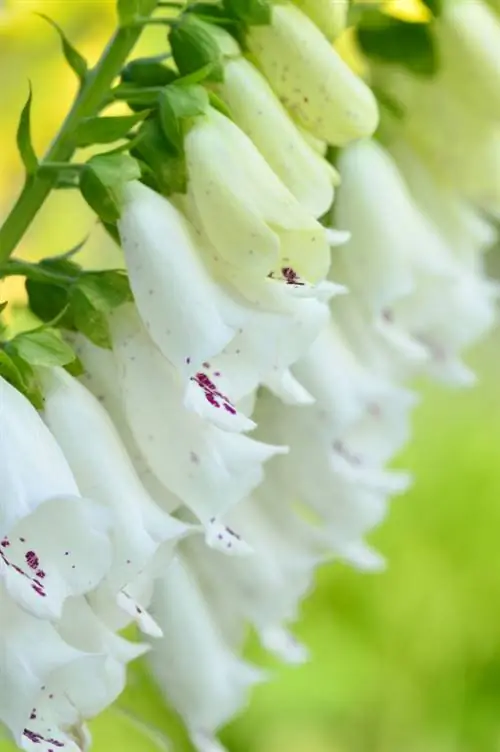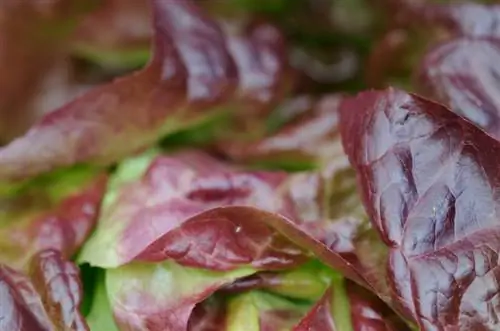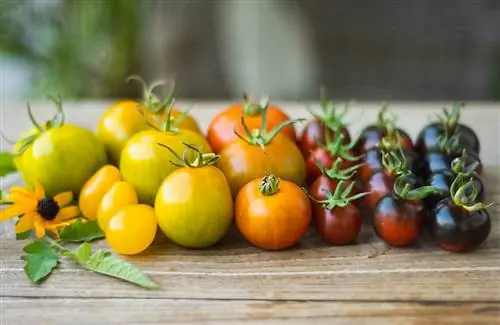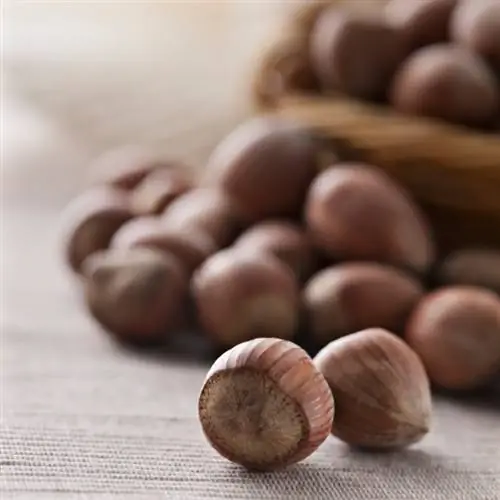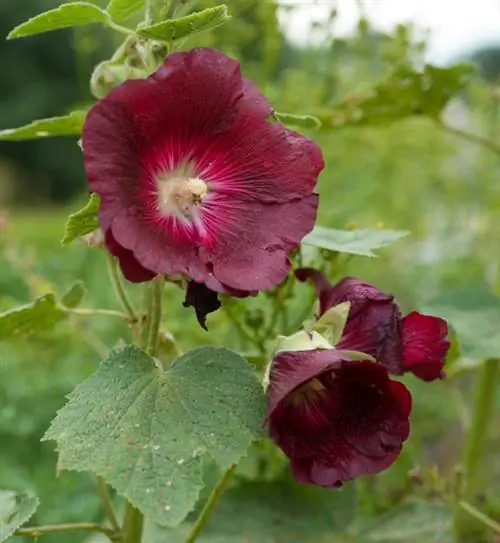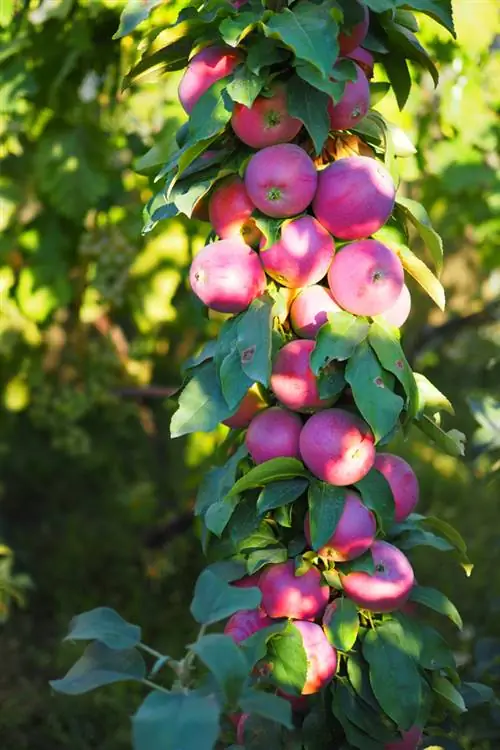- Author admin leonars@hobbygardeners.com.
- Public 2023-12-16 16:46.
- Last modified 2025-01-23 11:20.
Three species of foxglove are native to Germany. There are around 25 species and tons of different varieties worldwide. Here is an overview of the most important species that are important for the gardener.
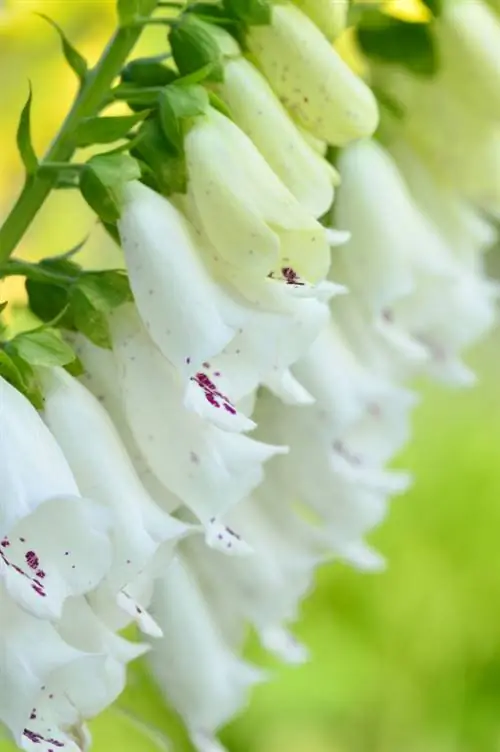
Which foxglove species are there in Germany?
Three foxglove species are native to Germany: the red foxglove (Digitalis purpurea), the large-flowered foxglove (Digitalis grandiflora) and the yellow foxglove (Digitalis lutea). All foxglove species are poisonous and belong to the plantain family.
The most famous species: the red foxglove
Digitalis purpurea is the best-known species in Germany. It is biennial and can grow up to 1.30 m high. Their flowers are purple-red to purplish-pink in their original state. White-pink spots appear in the throat of the flowers. The cultivars 'Apricot' and 'Alba' are considered widespread.
The Large-flowered Foxglove
Digitalis grandiflora is characterized by large flowers compared to its counterparts. This species also impresses with its long flowering period and longevity. In contrast to the red foxglove, which is biennial, this species is perennial.
The large-flowered foxglove reaches an average size of between 50 and 100 cm. Its flowers are pale yellow in color and marked with a dark vein. Gardeners like to use this specimen for planting larger groups.
The Yellow Foxglove
The third species native to this country is Digitalis lutea. It grows up to 70 cm high. This means she is considered delicate. The flowers are light yellow, small and less persistent than those of the previous species.
Other foxglove species that seem interesting
Other species that may be of interest to gardeners are:
| German name | Life expectancy | Average height | Flower color | Special feature | |
|---|---|---|---|---|---|
| Digitalis ferruginea | Rusty thimble | two-year-old | 120cm | rust red to apricot | rare flower color for foxgloves |
| Digitalis lanata | Woolly Foxglove | two-year-old | 90 cm | yellow | hairy flowers |
| Digitalis obscura | Dark Foxglove | two-year-old | 50cm | yellow-brown | extremely long flowering period |
Characteristics that all foxgloves have in common
All foxglove species have the following characteristics in common:
- belong to the plantain family
- are native to Europe, North Africa or Asia
- are toxic to humans and animals
- its leaves form rosettes
- its inflorescences are terminal and candle-like
- bloom in the second year
- its flowers are hermaphrodite, fivefold and two-lipped
Tips & Tricks
The large species such as the red foxglove should be planted in the background and the delicate species such as the yellow foxglove in the foreground of the bed.

